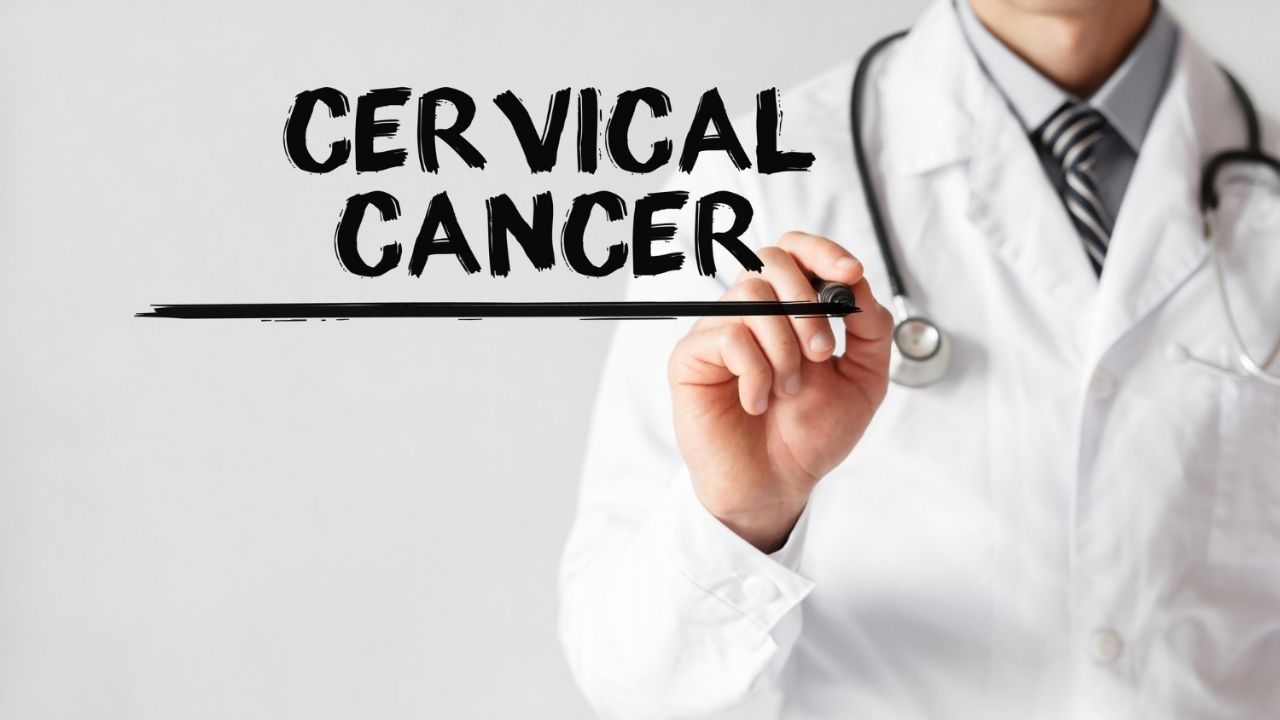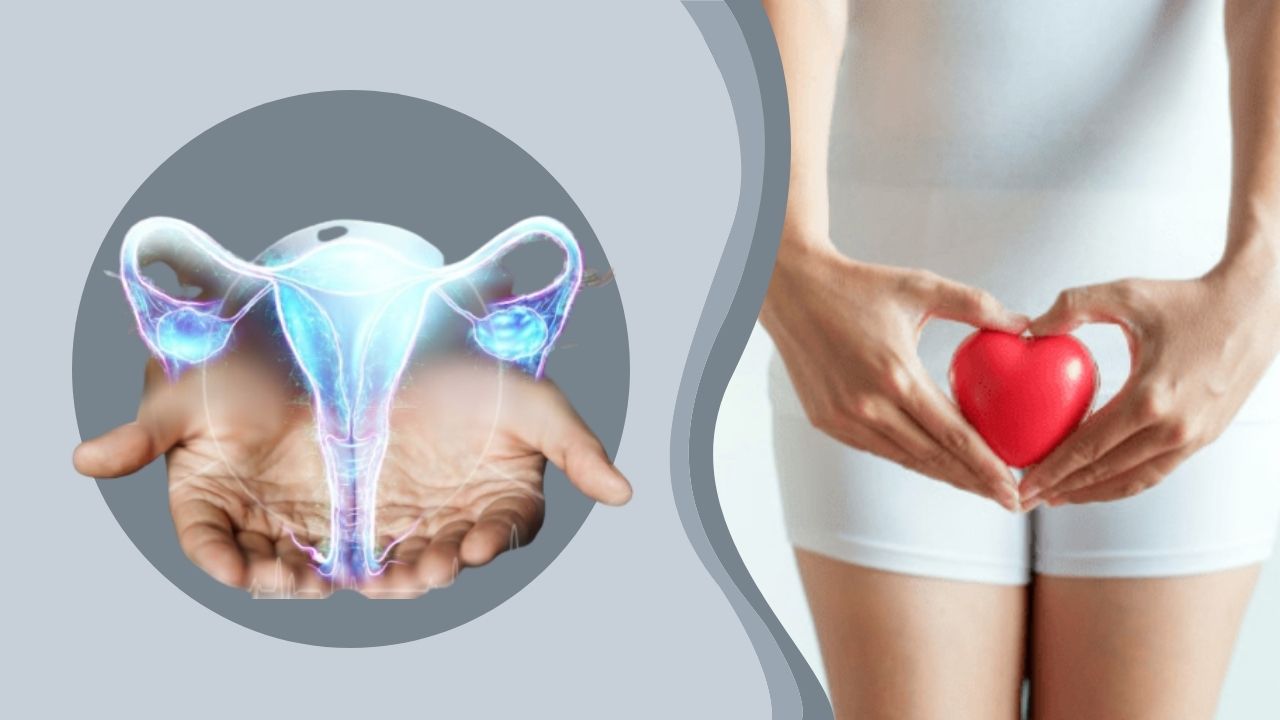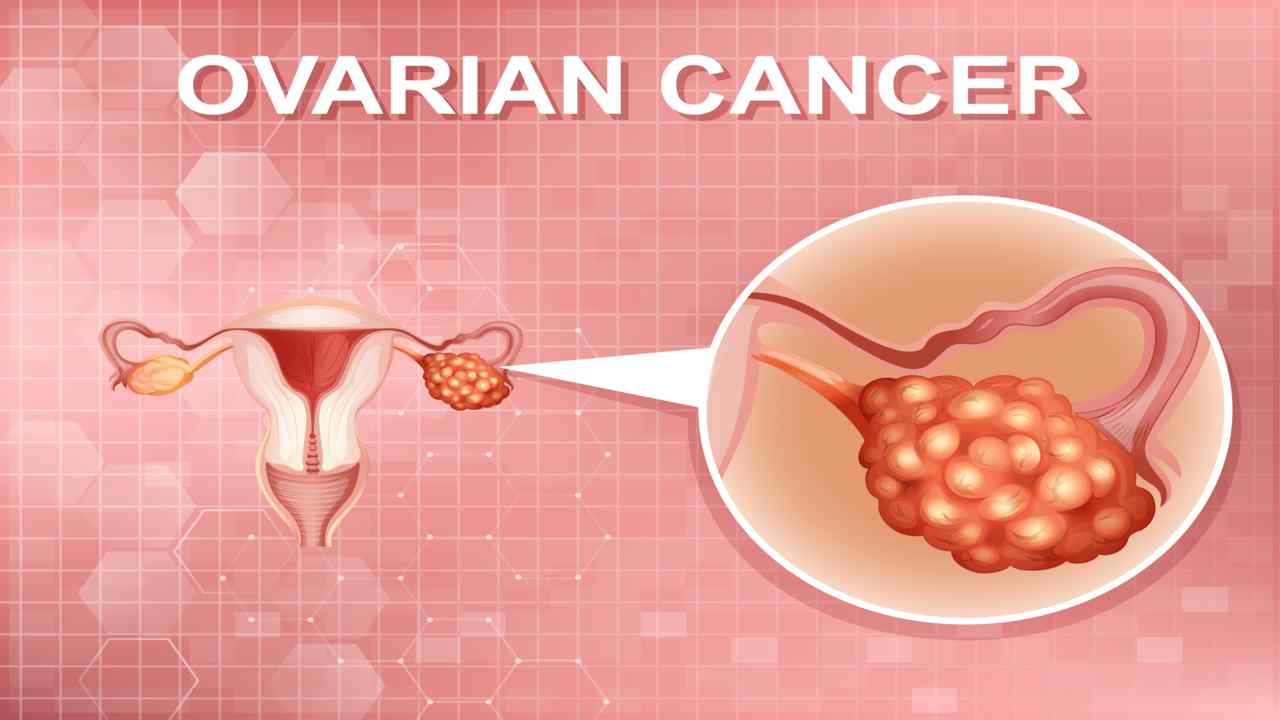As a pediatrician at ONP Hospitals, I’ve witnessed countless stories of resilience and recovery, but one case stands out—little Anaya’s story. Anaya, a spirited four-year-old, came to us after a severe finger injury that happened while she was playing in the backyard....

Overview
Having breast cancer is a condition that causes breast cells to proliferate uncontrollably. Breast cancer comes in a variety of forms, each of which has a distinct prognosis. The type of breast cancer is determined by which breast cells become cancerous.
Various areas of the breast may be affected by breast cancer. Lobules, connective tissue, and ducts, are the three primary components of a breast. To make milk, a woman must have one or more lobules in her body. There are ducts in the nipple that transport milk to and from the udders. It’s all held together by the connective tissue, which is made up of both fibrous and fat tissue. Usually, breast cancers originate in the lobules of the breast.
Blood or lymph veins may be used to transfer breast cancer to other parts of the body. Breast cancer is considered to have metastasized whenever it moves to other regions of the body.
Everything You Need To Know About Breast Cancer
Causes and Risk Factors
Breast cancer is caused by abnormal growth of breast cells, according to doctors. These cells multiply at a far faster rate than healthy cells, generating a bulge or bulk. Your nodules or other regions of your body may get infected by cancerous cells that spread throughout your breast.
Tumors in the milk-producing channels of the breast are the most common source of breast cancer (invasive ductal carcinoma). Invasive lobular carcinoma (ILC) and other forms of breast cancer could also arise in the granulation tissue known as lobules.
Several variables, including hormonal, behavioral, and external conditions, have been linked to an increased chance of breast cancer. There’s no obvious answer as to why some individuals who seem to have no health risks acquire cancer, while others who possess risk factors do not. Both genetic composition and your surroundings are likely to have a role in your risk of developing breast cancer.
A risk factor for breast cancer is something that increases your chances of developing the disease. A risk factor for breast cancer doesn’t definitely guarantee that you’ll get the disease. In many cases, there are no established risk factors for breast cancer in females other than just being females.
Breast cancer is linked to a number of factors, including:
- A woman’s condition – Breast cancer is more common in women than in males
- Age-Increase in age as you become older, your chances of developing breast cancer go up
- History of breast problems from a personal perspective – It’s important to know whether or not you’ve been diagnosed with lobular carcinoma in situ (LCIS) or abnormal breast hyperplasia
- Background of breast cancer in the family – One breast cancer increases the likelihood that the other may acquire cancer as well
- Breast cancer has a strong familial history – For women who have a mother, sister, or daughter who has been diagnosed with terminal cancer, the chance of developing the disease increases. Despite this, the vast bulk of breast cancer patients have no family background of the illness
- Genes that raise the risk of cancer – The risk of developing breast cancer may be passed down from parents to their children via certain gene abnormalities. BRCA1 and BRCA2 are two of the most common gene mutations. However, these genes may raise your chance of breast cancer as well as other malignancies, but they don’t guarantee that you’ll get cancer
Symptoms
Breast cancer may manifest itself in a variety of ways, including the following symptoms:
- A lump or swelling in the breast that looks different from usual tissue should be investigated
- Breasts might change in size, form, or aspect as a result of pregnancy
- Dimpling, for example, is an alteration in the skin around the breast
- A nipple that has recently been inverted
- An region of skin pigment around one’s nipple (areola) or on the breast skin that is flaking, scabbing, or peeling
- Like with the surface of an orange, you may see redness or crack on the skin above your breast.
Treatments
Breast cancer treatment options vary. It varies on the kind and extent of cancer. Breast cancer patients typically get many treatments.
- Surgery – A procedure to remove cancerous tissue.
- Chemotherapy – Using drugs to shrink or destroy cancer cells. The meds may be either orally or injected into your veins.
- Hormone replacement – Prevents cancer cells from acquiring necessary hormones.
- Biotherapy – Aids the immune system in fighting cancer cells or controlling bad impacts from other cancer therapies.
- Radiotherapy – Using X-ray-like high-energy beams to destroy cancer cells.
Conclusion
Moreover, it might be difficult to choose which therapy is best for you. Discuss the therapy choices open to you with your oncologist based on the specific kind and tumor stage you have. Each therapy has its own risks and advantages, as well as its own adverse effects, which your doctor may discuss with you.
Sub Services
What Patient has to say about us
People heavily rely on reviews from other patients when choosing a healthcare provider
Our Patients Many many happy returns of the day......... The best doctor in the world My mother was suffering from severe pain in both knees and spine. Dr. Aashish arbat sir has operated today after 15days she is doing every thing thank you Dr aashish arbat sir and team Especially the major support was from Dr Ram sir from admission to dischatge and follow ups and taken care very nicely thanku Dr. Ram sir Our Patients After enduring knee pain for the past decade, my mother sought advice from various doctors in Nagpur, Nashik, and Pune. They all recommended knee replacement surgery, but it was only when we discovered Dr. Aashish Arbat and the option of robotics surgery that we made the decision to proceed. The surgery took place on June 23, 2023, and it turned out to be an incredible experience. To our astonishment, on the morning of June 24, my mother was able to stand on her own legs and even take a few steps. This remarkable progress was made possible due to the advanced assistance of robotics arm and Artificial Intelligence. Dr. Aashish Arbat is an exceptional and highly experienced surgeon, and we are immensely grateful for his expertise. We also extend our appreciation to his colleagues, Dr. Sharma and Dr. Ram, for their excellent skills and compassionate nature. Our heartfelt thanks go out to the entire team for enabling my mother to live a pain-free life Our Patients My mother got her both robotic knee replacement from sir on Oct 2021. The team and sir have made the complete process seamless. Especially my mother was very comfortable post her surgery. Thank you Dr Arbat and team. Our Patients Our Patients Our Patients Hello. My wife has severe arthritis in her body knees since 2017. We communicated many doctors but she was not happy. We visited Dr arbat for same issue and he came up with robotic knee replacement solution which suited her accurately and she is walking 5-6km daily without hesitation and living comfortably. Thanks Dr. Aashish Arbat and his new technology.![]()
Chhaya Kate
![]()
pravin kharat
![]()
T Srivalli
![]()
Mohan Satavekar
![]()
VIVEK PANDEY
![]()
Subhash Bobade
Blogs
Addressing Childhood Obesity: Preventative Measures and Healthy Lifestyle Choices
Childhood obesity is growing concern. More kids are affected every year. Tackling this issue early is crucial. This ensures children grow up healthy and happy. Fortunately, there...
Healthy Sleep Habits for Children: Tips for Parents
Good sleep is essential for children’s health and development. Yet getting kids to sleep can sometimes feel like an uphill battle. Establishing healthy sleep habits early on sets...
The Role of Diet and Nutrition in Managing Encopresis in Children: Insights from Dr. Amita Phadnis
Encopresis, a condition characterized by involuntary soiling in children, can be distressing for both the child and their family. First and foremost, complete treatment of...
Videos
Dr. Amita Phadnis’s Full Speech on Survival & Health Rights at UNICEF India.
Dr. Amita Phadnis ,M.D., Gave a Motivating Speech
Breast cancer is cancer that forms in breast cells. Women are mostly diagnosed with this cancer. Although it can be seen in both men and women
What is AMH
The granulosa cells in your ovarian follicles create the anti-Mullerian hormone, often known as AMH. According to the American College of Obstetricians and Gynecologists (ACOG), the generation of AMH is a reflection of your ovarian reserve.
FAQ’s
Pregnancy and Migraine Headaches: What Women Need to Know
When you are pregnant or breastfeeding, then you should be aware that migraine headaches are a normal part of the journey. Pregnant women might feel headaches owing to...
What Is the Problem of Orthopedics in Children?
While orthopaedic problems are commonly seen in and associated with the elderly, it’s important to be alert regarding the fact that they can afflict young people and children as well.
All You Need to Know About Reproduction
Most science students have to study about reproduction in their high school syllabus, and some learn from their parents, who may discuss it even earlier. It’s a very good thing to know about our own bodies…
Explore All Departments

ONP Prime

ONP Leela

IVF

Oncology

Pediatrics

Urology

Neonatology

Ophthalmology

Orthopedics

Gynaecology

Cardiology

IVF

Oncology

Pediatrics

Urology

Neonatology

Ophthalmology

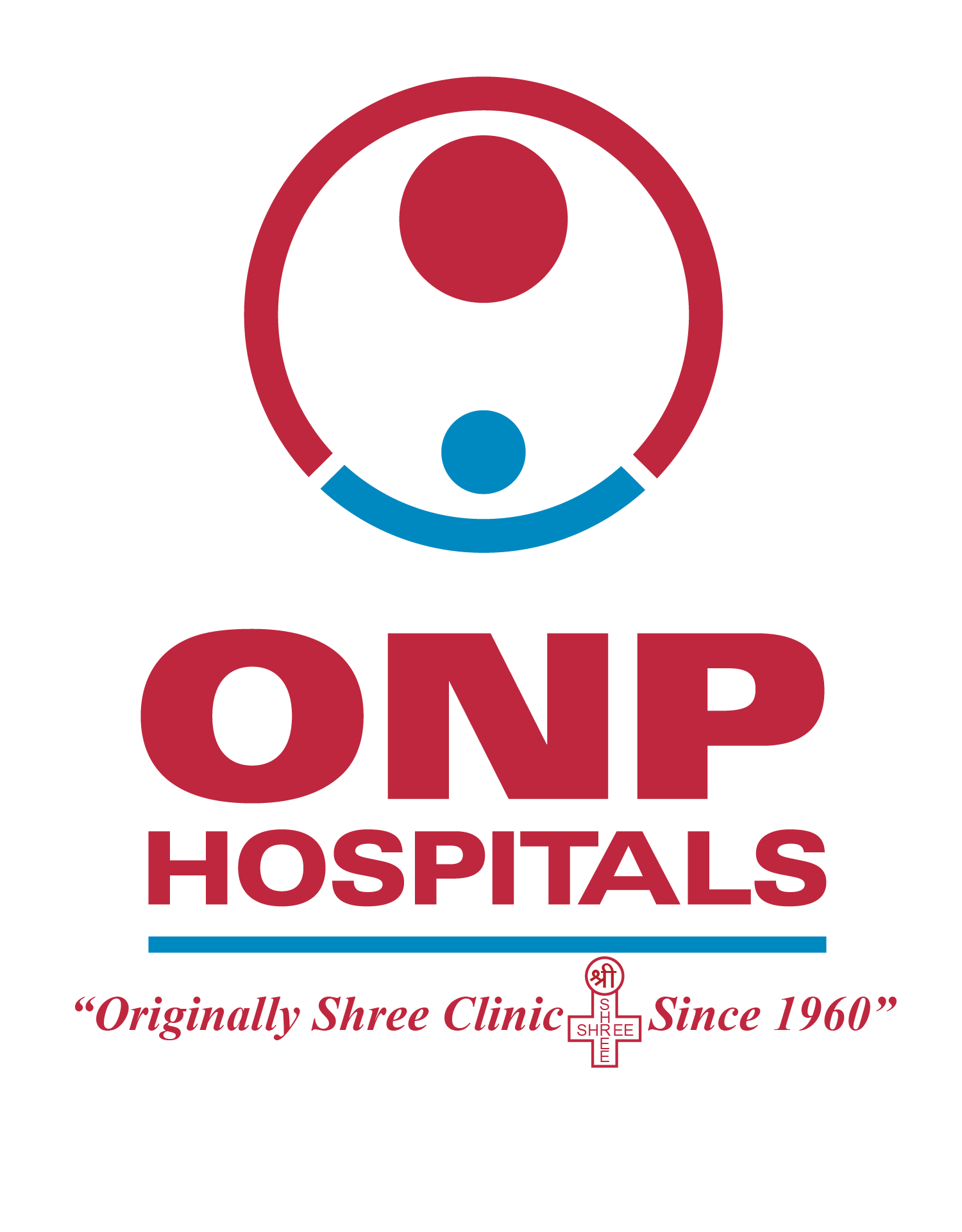

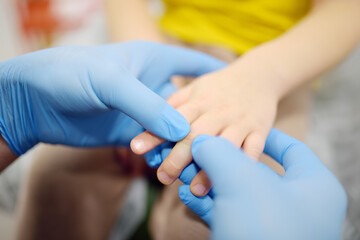

 Home
Home Gynecology
Gynecology